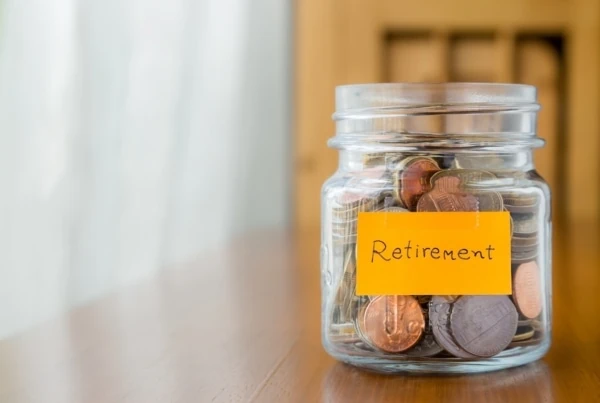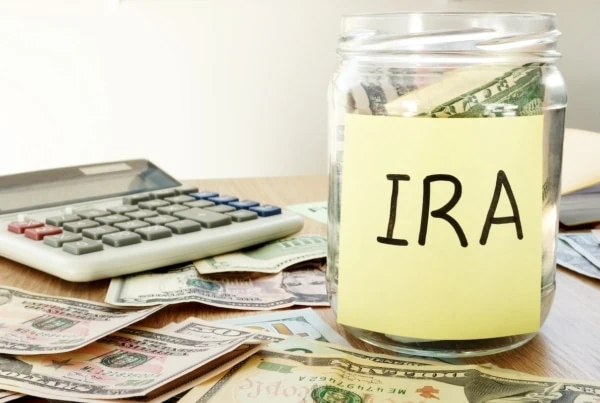Baby Boomers have seen a litany of changes throughout their lives—and that includes the institution of retirement.
A “boom” of births in the years following World War II led to these newborns to be dubbed “Baby Boomers.” The generation is made up of people born between 1946 and 1964.
And throughout Boomers’ lives, the retirement planning world underwent changes so substantial that they couldn’t simply follow their parents’ paths to retirement. They’ve experienced the decline of traditional defined-benefit pensions, the simultaneous rise of 401(k) plans, and increases in the full retirement age for Social Security benefits, among other massive shifts.
This has left many Baby Boomers in a state of retirement insecurity. Will those Boomers still approaching retirement have enough money to last? How are Boomers financing their retirement? Will Baby Boomers thrive despite everything thrown at them?
These Baby Boomer retirement statistics will answer all of those questions—and give you a good overall sense of the generation’s retirement prospects.
How Much Does the Average Baby Boomer Have Saved for Retirement?

On average, Baby Boomers currently have $120,300 saved for retirement, per the Northwestern Mutual 2024 Planning & Progress Study. Considering the age range of this generation (as I write this, 60 to 78), that includes both retired Baby Boomers and those approaching retirement.
An interesting subset of the generation is “Peak Boomers,” who were born between 1959 to 1964, and thus turn 65 between 2024 and 2030. According to the Peak Boomers Impact Study, commissioned by the Retirement Income Institute and the Alliance for Lifecome Income, the median retirement savings for peak Boomers is $225,000. (That number varies substantially depending on sex, race, and level of education. For instance, averages are much higher for men, people who are white, and people who have graduated from college.)
Baby Boomer Retirement Statistics

Let’s dive into some more data about Baby Boomers’ retirement preparedness. These statistics come from multiple surveys and studies about the generation’s financial situation and feelings about retirement.
1. Nearly 11 million peak Boomers plan to retire by 2030.

More specifically, about 10.9 Peak Boomers have that goal. This includes 1.6 million people who currently work in health care, 1.3 million employed in manufacturing, and 1 million who deal in construction. (Source: Peak Boomers Impact Study1)
Related: Don’t Overpay for Medicare: How to Avoid the Late Enrollment Penalty
2. The average age Baby Boomers expect to retire is 68.

Here are the ages that various generations expect to retire by, on average:
- Gen Z: 61
- Millennials: 64
- Gen X: 65
- Boomers: 68
Being the closest generation to retirement, you could argue that Boomers have the most accurate estimate. (Source: Charles Schwab2)
Related: How to Max Out Your 401(k) + Other Retirement Accounts
3. Nearly half of employed Baby Boomers expect to work past age 70 or never retire.

Not everyone sees retirement as an option—in fact, 49% of Baby Boomers either think they’ll work past age 70 or won’t retire at all. Most commonly cited were financial-related reasons (83%), followed by healthy-aging reasons (77%). (Source: Transamerica Institute3)
Related: HSA Rollover: How to Transfer HSA Funds to a New Provider
4. About 90% of Baby Boomers are factoring Social Security into their retirement planning.
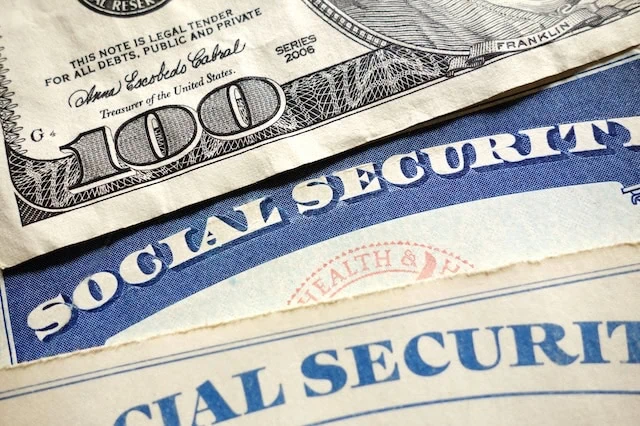
But there’s a massive generational gap. Comparatively, fewer than half of Millennials (46%) are doing the same, instead counting on a wide range of sources ranging from home equity and rental income to inheritance and support from their children. (Source: Natixis Investment Managers4)
Related: How to Choose a Financial Advisor
5. About 41% of Baby Boomers believe Social Security will be their main source of retirement income.
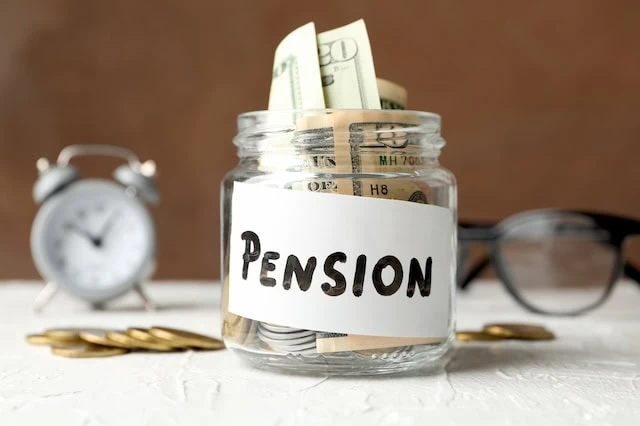
Boomers are counting on Social Security more than any other generation; only 26% of Gen X, 16% of Millennials, and 15% of Gen Z expect it to be their primary income source. Indeed, some members of younger generations worry that Social Security will “run out.” (Source: Transamerica Institute3)
Related: When Should You Take Social Security?
6. Nearly three-quarters of Baby Boomers expect to receive income from a 401(k), 403(b), and/or IRA.
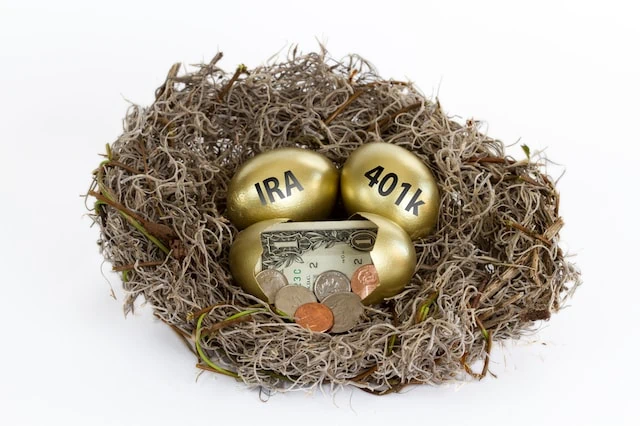
Specifically, 74% of Baby Boomers expect to draw income from retirement plans; comparatively, 72% of Gen X, 68% of Millennials, and only 52% of Gen Z anticipate the same. (Source: Transamerica Institute3)
Related: RMDs too High? 6 Ways to Reduce Them at Age 73
7. Non-retired Baby Boomers believe they will miss their retirement savings goals by about $300,000.

Surveyed Baby Boomers think it takes $924,897 to retire comfortably, but they only expect to have $633,401 saved by retirement—an anticipated savings gap of $291,496. (Source: Schroders5)
Related: How Long Will My Savings Last in Retirement? 4 Withdrawal Strategies
8. Almost half of Baby Boomers say they would save more (or start saving) if their company-sponsored plans offered ESG investments.

Environmental, social, and governance (ESG) investing is a strategy that includes not just financial factors, but a number of other values as well. And ESG matters to Baby Boomers—49% of those surveyed said they would be more likely to participate in a company’s defined benefit plan (or increase their contributions) if ESG investments were offered.
Of course, that number was much higher across all generations, at 73% of respondents, including 72% for Gen X and 88% for Millennials. (Source: Natixis Investment Managers4)
Related: What Are the Average Retirement Savings By Age?
9. Only 37% of Baby Boomers say they have planned for the possibility of outliving their savings.

Gen X isn’t any better. Just 35% of that generation’s respondents said they had planned for that possibility. (Source: Northwestern Mutual6)
Related: How Much Should I Contribute to My 401(k)?
10. About 30% of non-retired Baby Boomers say they haven’t done any retirement planning.
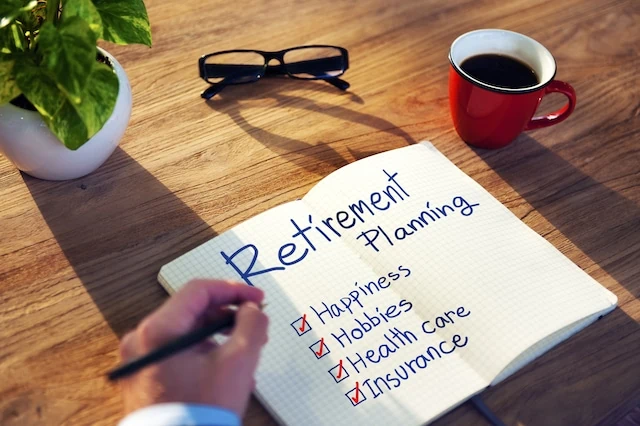
That’s a particularly alarming number given that the remaining working members of this generation are either quickly approaching or already at retirement age. Meanwhile, about 45% of non-retired Gen X members and 43% of Millennials said they haven’t done any planning. (Source: Schroders5)
Related: How Much to Save for Retirement by Age Group [Get on Track]
11. Nearly 3 in 4 Baby Boomers are “concerned or terrified” about the thought of no more regular employment paychecks during retirement.

However, that makes Baby Boomers (74%) less terrified or concerned about the idea of not receiving standard employment paychecks in retirement than Millennials (79%) and Gen X (84%). (Source: Schroders5)
Related: IRA vs. 401(k): How These Retirement Accounts Differ
12. Only 18% of employed Baby Boomers say they know a “great deal” about Medicare benefits.

This number is low across the board, at 20% among all surveyed workers. Still, 18% is a worrying number for Boomers, as they’re close to eligibility or already eligible for retirement-based Medicare (eligibility starts at age 65). Planning for health care expenses in retirement is an important part of overall retirement budgeting—and Medicare is one of the most important aspects. (Source: Transamerica Institute3)
Related: RMDs Too High? 6 Ways to Reduce Them at Age 73
13. More than half of Baby Boomers who retire at age 65 run the risk of experiencing retirement shortfalls.

According to Morninstar, 52% of Baby Boomers who retire at age 65 have a risk of running out of money in retirement. This is higher than Gen X (47%), Millennials (44%), and Gen Z (37%). (Source: MarketWatch7)
Related: How Long Will My Savings Last in Retirement? 4 Withdrawal Strategies
Baby Boomer Retirement Statistics Sources

1 Peak Boomers Impact Study (https://www.protectedincome.org/wp-content/uploads/2024/04/Peak-Boomers-Econ-Impact-Study-EXEC-SUMM-ALI-RII-Shapiro-Stuttgen-EMBARGOED-Apr-18-2024-041624.pdf)
2 Charles Schwab (https://content.schwab.com/web/retail/public/about-schwab/schwab_2023_401k_participant_survey_gen-z_findings.pdf)
3 Transamerica Institute (https://www.transamericainstitute.org/docs/default-source/research/post-pandemic-retirement-realities-multigenerational-workforce-report-july-2023.pdf)
4 Natixis Investment Managers (https://www.im.natixis.com/en-us/about/newsroom/press-releases/2023/american-workers-want-retirement-plans-that-better-meet-their-needs-in-complex-financial-environment-finds-natixis-investment-managers-survey)
5 Schroders (https://www.schroders.com/en-us/us/intermediary/media-center/faced-with-largest-retirement-savings-gap-majority-of-generation-x-believe-dream-retirement-is-out-of-reach/)
6 Northwestern Mutual (https://news.northwesternmutual.com/2024-04-02-Americans-Believe-They-Will-Need-1-46-Million-to-Retire-Comfortably-According-to-Northwestern-Mutual-2024-Planning-Progress-Study)
7 MarketWatch (https://www.morningstar.com/news/marketwatch/20240803255/almost-half-of-those-who-retire-at-65-could-run-out-of-money)
Related:






